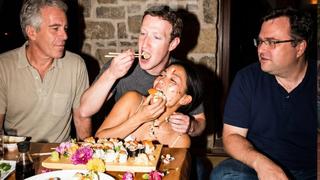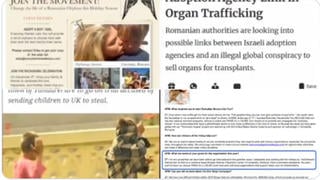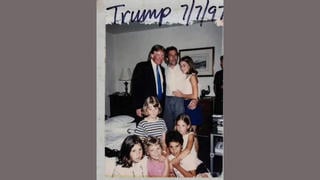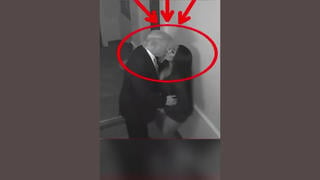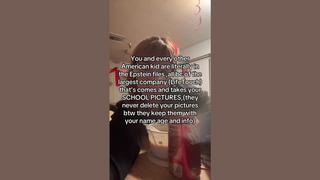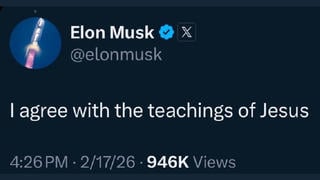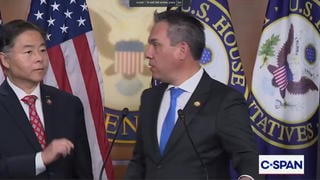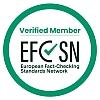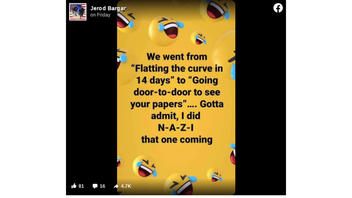
Are people going door-to-door to "see your papers" on COVID-19 vaccination? No, there's no evidence that's true: The claim riffs off a comment that President Joe Biden made on vaccine outreach. As his administration has made clear, the door-to-door effort is about education and access. It's being staffed by local public health officials and volunteers. Although they may ask whether you've been vaccinated, the federal government does not maintain a database of who's gotten the shot.
The claim appeared as a meme in a Facebook post (archived here) published on July 9, 2021. The meme read:
We went from "Flatting the curve in 14 days" to "Going door-to-door to see your papers" .... Gotta admit, I did N-A-Z-I that one coming
This is what the post looked like at the time of writing:
(Source: Facebook screenshot taken on Tue Jul 13 14:51:27 2021 UTC)
The post did not include any sourcing to support its claim, which riffs off remarks Biden made on July 6, 2021. He told reporters at the White House:
Now we need to go to community by community, neighborhood by neighborhood, and oftentimes, door to door -- literally knocking on doors -- to get help to the remaining people protected from the virus.
That comment, which did not include anything about demanding to see individuals' vaccination records, was picked up and reported on by the media and various politicians. White House Press Secretary Jen Psaki was asked about it and spoke on the door-to-door effort in the days following. On July 7, 2021, she had the following exchange with a reporter aboard Air Force One:
REPORTER: On vaccination: Yesterday, you talked about door knocking, which is a pretty standard thing, and it was picked up in the far-right sphere as, you know, 'the government is going to come to your door and make you get a vaccine.' I am wondering your reaction to that and what that type of messaging does for the efforts to, you know, convince people who might be hesitant to get vaccinated.
PSAKI: Well, I appreciate the question. Well, let me tell you what this is and what it is not. What this effort is is a continuation of what we have seen as an impactful effort that we've had by local public health officials and volunteers in a range of communities over the last month of action.
We've actually seen an impact -- a positive impact of a range of steps we've taken in states like Florida, Mississippi, others where there have been lower vaccination rates. There's been actually an increase by over 4 percent in Florida, over the last month, of adults.
But what we're doing is local officials are going to areas where there are lower vaccination rates and providing information on where people can get access to a vaccine, where they can go, that it's free, that they can take time off of work. It's up to individuals to decide whether they want to get vaccinated or not.
But what we've seen as a barrier all along, for months, has been access and information, and so we're going to continue to deploy the tactic -- tactics that we've seen effective over the last few months.
On July 8, 2021, she was asked about the effort again. That time, Psaki responded:
Well, let me first say that this has been ongoing since April, and the best people to talk about vaccinations are local, trusted messengers: doctors, faith leaders, community leaders.
And later:
They are not members of the government. They are not federal government employees. They are volunteers. They are clergy. They are trusted voices in communities who are playing this role and door knocking.
Volunteers help to explain the vaccine, how to get one and sometimes administer the shot in people's homes. There's no evidence they are collecting "papers." As Psaki pointed out, it's up to individuals whether they want to get the shot. The federal government does not maintain a database of who's been vaccinated.
Such door-to-door efforts are already under way in places like Mecklenburg County, North Carolina; Detroit, Michigan; Kansas City, Missouri; and Lake County, Illinois. The latter has information and a door-knocking script available on its website, which can be read here. As can be seen in the materials, no one is asking for people's names alongside proof of vaccination. The job of the volunteer, according to the Lake County Health Department, is to inform, not convince.






